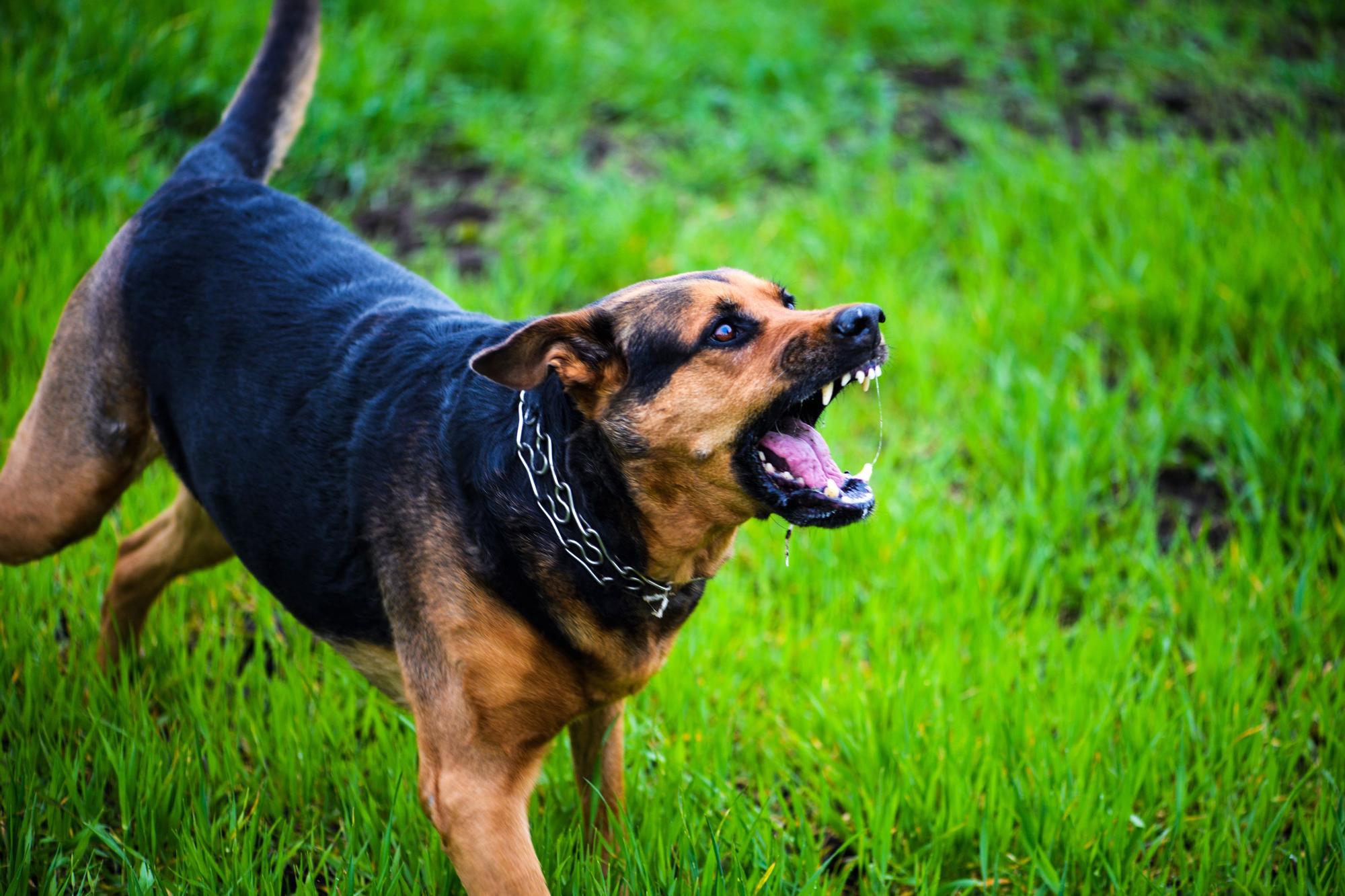The dangerousness of dogs is not determined by your race. This axiom, defended for years by the majority of biologists, ethologists, veterinarians and animalists in generalhas now been corroborated by a genetic studies published by the American scientific magazineScience‘, a publication that disseminates information on the American Association for the Advancement of Science (American Association for the Advancement of Science). The analysis extracted from these data determines that the race, by itself, does not help at all to predict dog behavior.
laws and prohibitions
Today, most modern dog breeds are credited with characteristic temperaments associated with their ancestral function. As such, it is assumed that the racial ancestry of dogs predicts the temperament and individual behavior of each specimen. This deduction has led, among other results, to a variety of breed-specific laws, which may include insurance restrictions or the total ban on having some breeds of dogs.
However, the scientist Kathleen Morrill and his team have used genome-wide association studies to look for common genetic variations that could predict specific behavioral traits in a total of 2,155 purebred and mixed breed dogs. And they have crossed that data with the nearly 200,000 responses that their owners have given in 18,385 surveys of Darwin’s Arka database of canine traits and behaviors.
none breed specific
The behavioral data have been analyzed according to the breeds, the information provided by the owners of the dogs and the genetic ancestors of the dogs according to the breed to which they belong.
The results of these tests, which included data from 78 breeds, identified 11 genetic loci – the places where specific genes are located on a chromosome. possibly associated with behavioralthough none of them were breed specific.
Like father Like Son
«It’s obvious,» says the Dr. Gaspar García, Mundo Animal veterinarian, «the danger depends on the dog itself, although it is true that each breed has its characteristics,» he adds. As it is also true that «of parents [perrunos] aggressiveness dogs can come out aggressiveness «, he qualifies. That is to say, that «aggression is partly transmitted by genes. But in no case because of the breed ‘per se,'» she explains.
It should be noted that among the behaviors most strongly predicted by genetics was the docility of the dog and its ability to respond to human commands.
likewise think christina gonzalezveterinary Clinical Ethology Service of the Veterinary Clinical Hospital of the Autonomous University of Barcelona (UAB), which explains that aggressiveness is a «multifactorial characteristic, which is determined by different reasons» and may indeed have an important component derived from genetics: «Mothers who suffer from anxiety during pregnancy can transmit that anxiety and fear to the fetus and that they are born with a certain predisposition to be aggressive,» he says.
fear and trauma
González clarifies that one of the factors that cause a dog to have aggressive behavior «is fear caused, in turn, by traumatic events, ‘normalized’ situations that dogs suffer daily, such as not respecting their rest or their exposure to aggressive urban stimuli, such as traffic noise on a terrace,» he says.
The research published in ‘Science’ supports the opinions of García and González, and determines that the breed only explains 9% of the variation in behavior in each individual dog. And even more: for certain behavioral traitsthe age or sex of the dog have been more determinant when it comes to predicting its behavior than the breed.
hereditary traits
Related news
Researchers have not, therefore, been able to find behaviors exclusive to a specific breed. «Most of the behaviors that we think of as characteristic of modern dog breeds were probably due to thousands of years of evolution from the wolf to the wild canine to the domesticated dog and finally to modern breeds,» says the author. elinor karlsson in a related article. «These hereditary traits predate our concept of modern dog breeds by thousands of years,» she concludes.
In summary: the findings of the scientific study challenge the current theses on the link between idiosyncrasies of dogs and the breed to which they belong, used concepts used to explain why some breeds are more aggressive, obedient, docile or affectionate than others.

